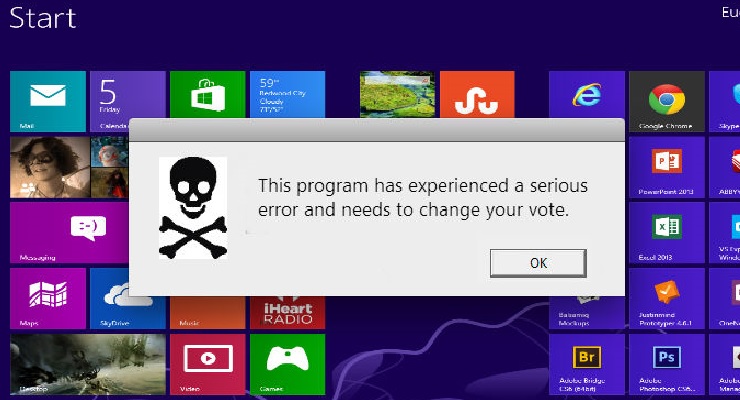
The questionable vote counting machines will be used after a bizarre decision that puts vote safety at risk. Richard Winger of Ballot Access News revealed in a quick post that the “Georgia state trial court refused to enjoin the use of Georgia’s vote-counting machines in the June 20 special U.S. House election”. The trial, known as Curling v Kemp, Fulton County 2017cv-290630, had just finished two days prior. The vote-counting machines were being challenged in a court case that could have implications nationwide. An article by Kristina Torres in the Atlanta Journal-Constitution had the original scoop:
Voters in Georgia’s 6th Congressional District will continue to cast ballots on electronic machines after a Fulton County judge dismissed a lawsuit trying to force the use of paper ballots.
Superior Court Judge Kimberly Esmond Adams’ ruling late Friday night came after an eight-hour hearing earlier this week over the suit’s insistence that Georgia’s reliance on voting machines was endangering the vote. The machines, it said, are too old, unreliable and vulnerable to malicious cyber attacks without a forensic review to verify they had not been compromised.
Another recent article on Ballot Access News had more:
On June 7, a Georgia state trial court heard oral arguments and witnesses in a case that challenges the state’s vote-counting machines. Here is a description of the testimony of witnesses on both sides, written by Garland Favorito, who was at the hearing. The machines have no audit trail.
From Garland Favorito who was at the hearing and his description of the testimony:
Many of the “Who’s Who” in Georgia elections and their attorneys gathered in the Fulton County Superior courtroom of Judge Kimberly Esmond Adams to determine the fate of Georgia’s unverifiable voting equipment. Elections Directors (ED) from the state and the counties of Fulton, Cobb and Dekalb were present for most or all of the hearing. Meryl King, Executive Director of the Kennesaw State University Center for Election Systems was the state’s expert.
Attorneys for the three counties, the Secretary of State and the Attorney General’s office all simultaneously defended the state and counties. Their primary legal arguments appear to be sovereign immunity and untimeliness of a GA6 election change. A decision is expected Friday. Plaintiffs called two high powered expert witnesses Dr. Ed Felten and Dr. Rich Demillo. Felton was Professor of Computer Science at Princeton University, Chief Technologist for the Federal Trade Commission and Deputy U.S. Chief Technology Officer for the President of the United States. Dr. Richard Demillo was the first Chief Technology Officer of Hewlett Packard, Dean of Computing at Georgia Tech and current Director of its Center for 21st Century Universities.
Also, for more on voting machines in general see this Miles O’Brien interview from the PBS Newshour:
“Secure Internet voting is a bit like the phrase ‘safe cigarettes,’” Ronald Rivest, a professor at the Massachusetts Institute of Technology, is shown saying at a panel talk on the subject. But of course, from clunky polling machines to the famous butterfly ballot of the 2000 presidential election, internet voting isn’t the only ballot technology that’s been fraught with problems. Accurate, secure voting has been a challenge throughout history.
For historical perspective, Miles spoke with political historian and curator William L. Bird from the Smithsonian Museum of American History, who provided a glimpse of various American voting systems through time and the problems they’ve encountered.
Leave a Reply